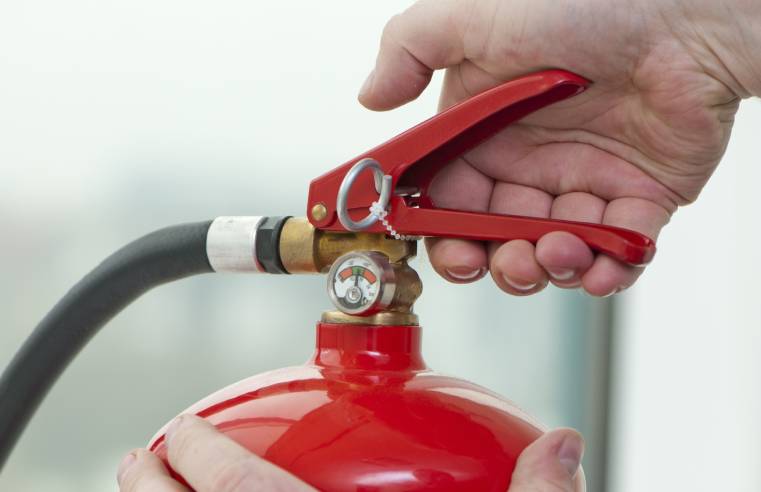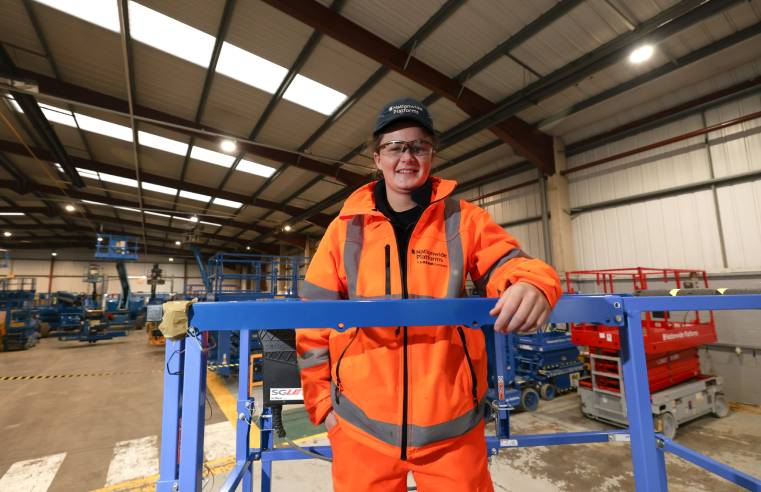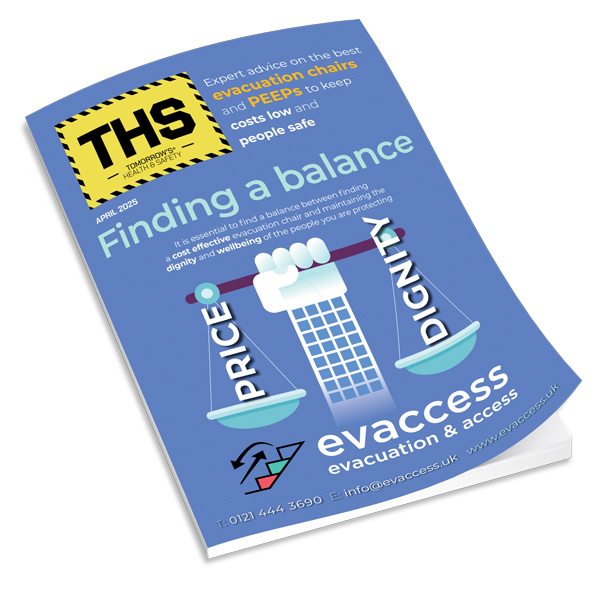Around 1,300 UK employees are hospitalised each year with serious and life changing injuries after being involved in a forklift truck accident at work and this number is on the rise. In fact, recent accident statistics show that forklifts are the most dangerous form of workplace transport in the country, injuring more people than any other vehicle used within the workplace.
This year alone, several serious forklift truck accidents at work have been recorded and we’re not even half way through 2018.
In January 2018, a recycling firm was fined £666,000 after an employee suffered life threatening head injuries after being involved in an accident with a forklift truck and, a couple of days later, a UK engineering company was fined after a worker had to have his leg amputated from the knee down, after being hit by a forklift while at work.
The number of accidents involving forklifts equates to five UK workers suffering debilitating and life-changing injuries each workday and this surely calls for a health and safety review.
There are ways in which UK businesses can help to minimise the risk of forklift truck accidents and UK supplier of high performance mats, Mats4U, provides their five step plan for preventing accidents at work.
1.Take measures to prevent forklift tyres from loosing traction on wet slippery surfaces by installing specialist forklift matting within your warehouse or factory. Forklift mats are designed to wipe excess dirt and water from the wheels of forklift trucks and prevent accidents at work.
2.Have specific, designated areas for pedestrians to walk and move around the factory or warehouse, to ensure they are not walking into or crossing the paths of moving forklift trucks.
3.Ensure operators of forklift trucks and other employees are fully trained and understand the dangers of forklift truck accidents at work.
4.Forklift drivers should be trained to take extra precautions on particularly wet days, such as slower driving to reduce the amount of time it would take to stop if required.
5.Having a good drainage system by the warehouse doors can help to drain away most of the water that may otherwise run into the warehouse on a rainy day and cause forklifts to skid on wet floors.






















